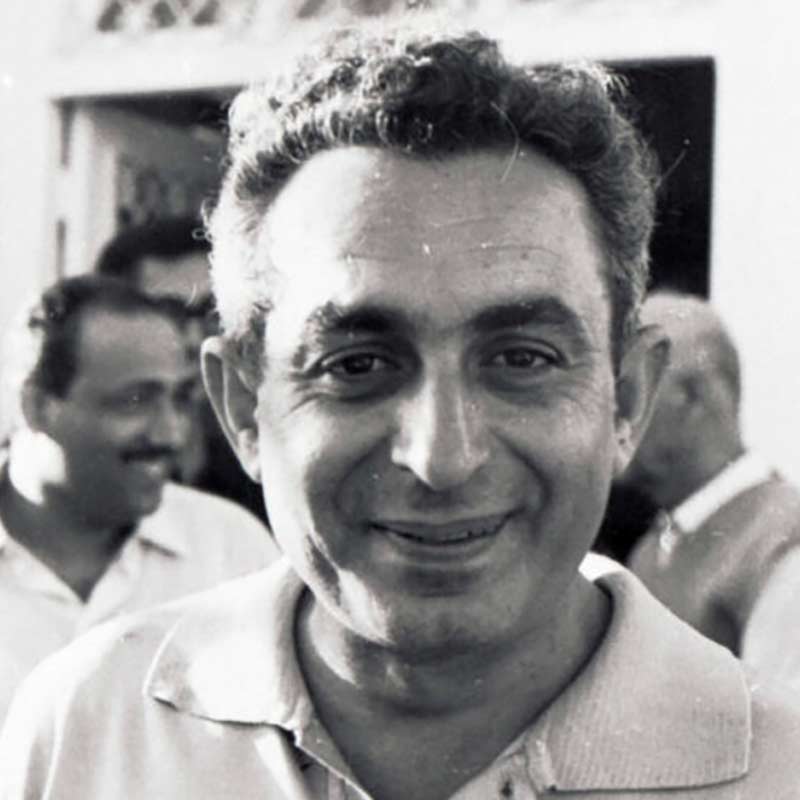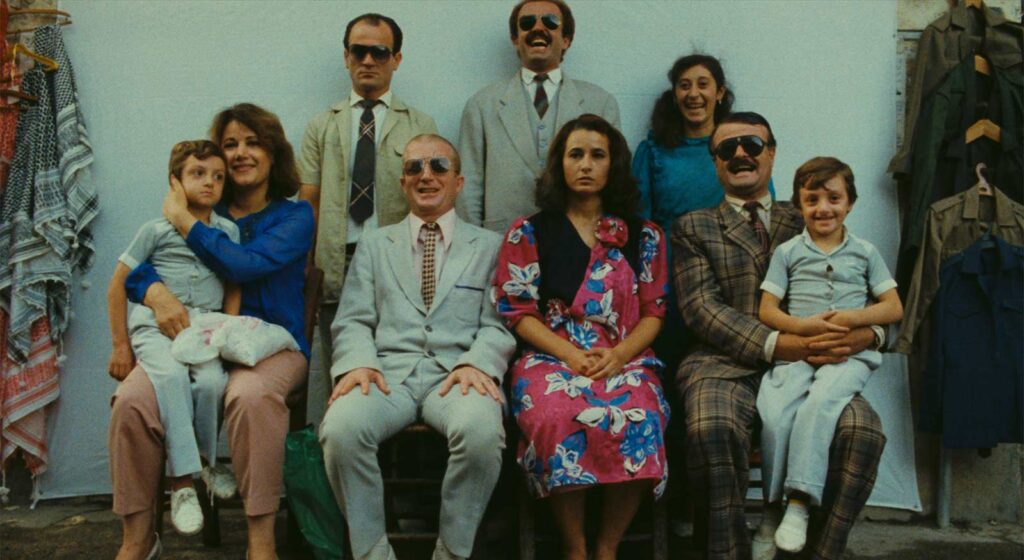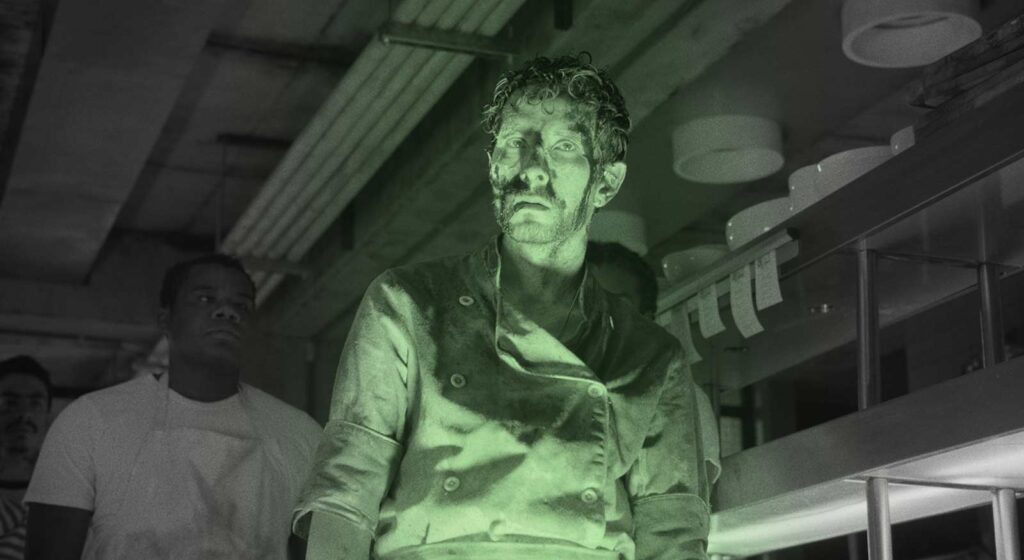
The Dupes
Southeast Asian Premiere
Tewfik Saleh Syria 1972 107 min NC16 (Some Mature Content)
In the 1950s, three Palestinian refugees put their faith in a smuggler to cross the desert border into Kuwait.
Set in the 1950s, The Dupes tells the story of three Palestinian men of different generations brought together by their desperation to enter Kuwait to earn a living. As they brave an arduous journey through the desert, stowed away in the back of a smuggler’s tank truck, the trio develop solidarity and trust.
Incorporating documentary-style footage and interweaving each protagonist’s backstory, Saleh’s film is an unapologetic indictment of political elites’ complicity in the Palestinian struggle. This is one of the first Arab films to address the Palestinian question, and was banned in several Arab countries due to its implied criticisms of Arab governments. The restored film remains timeless—and timely—as a sharp reflection of disenfranchised migrants’ continued fight for survival.
6 Dec, Fri 5:00PM / 107 min
Oldham Theatre
AT THE FEST!
All screenings are on a free seating, first-come, first-served basis. We kindly ask all ticket holders to arrive on time. Latecomers may not be guaranteed entry.
RUSH QUEUE:
For last-minute attendees, good news. Our Rush Queue is back this year!
The Dupes
Al Makhdu’un
Tewfik Saleh
Syria
1972
Arabic
English
107 min
NC16 (Some Mature Content)
Southeast Asian Premiere

Tewfik Saleh
Tewfik Saleh was a pioneering realist filmmaker of Egyptian cinema. His works concern social injustice, political abuse and class struggle. The Dupes, based on the late Palestinian writer Ghassan Kanafani’s 1962 novel Men in the Sun, won six international awards, including the Tanit d’Or at Carthage, but had few public screenings.
Mohamed Kheir-Halouani,
Abderrahman Alrahy,
Bassan Lofti Abou-Ghazala
Restored in 2023 by The Film Foundation’s World Cinema Project and Cineteca di Bologna in collaboration with the National Film Organization and the family of Tewfik Saleh. Special thanks to Mohamed Challouf and Nadi Nekol Nas. Funding provided by the Hobson/Lucas Family Foundation.


